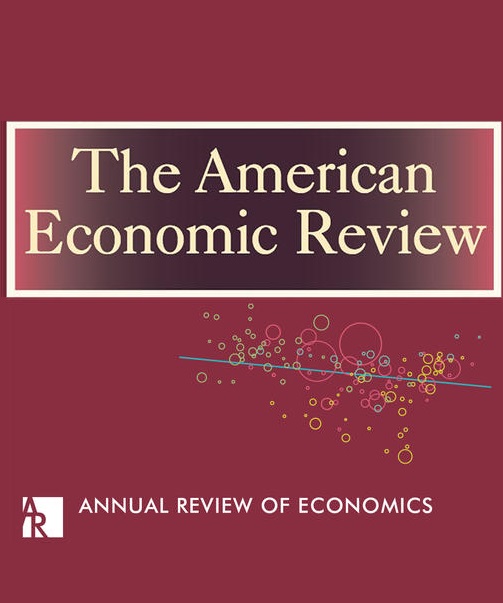各国熟练劳动力的相对效率:测量与解释
IF 11.6
1区 经济学
Q1 ECONOMICS
引用次数: 10
摘要
我研究不同国家高技能和低技能劳动力的相对效率是如何变化的。利用不同发展阶段国家的微观数据,我证明了相对数量和工资的差异与富裕国家高技能工人相对更高的生产力是一致的。我利用受过外国教育的移民的技能溢价差异来区分这种模式的两个可能驱动因素:技术技能偏差的跨国差异和熟练劳动力的相对人力资本。我发现前者在数量上更为重要,并讨论了这一结果对发展会计的影响。(j26, j24, j31, j61, j16, j15)本文章由计算机程序翻译,如有差异,请以英文原文为准。
The Relative Efficiency of Skilled Labor across Countries: Measurement and Interpretation
I study how the relative efficiency of high- and low-skill labor varies across countries. Using microdata for countries at different stages of development, I document that differences in relative quantities and wages are consistent with high-skill workers being relatively more productive in rich countries. I exploit variation in the skill premia of foreign-educated migrants to discriminate between two possible drivers of this pattern: cross-country differences in the skill bias of technology and in the relative human capital of skilled labor. I find that the former is quantitatively more important, and discuss the implications of this result for development accounting. (JEL I26, J24, J31, J61, L16, O15)
求助全文
通过发布文献求助,成功后即可免费获取论文全文。
去求助
来源期刊

American Economic Review
ECONOMICS-
CiteScore
18.60
自引率
2.80%
发文量
122
期刊介绍:
The American Economic Review (AER) stands as a prestigious general-interest economics journal. Founded in 1911, it holds the distinction of being one of the nation's oldest and most esteemed scholarly journals in economics. With a commitment to academic excellence, the AER releases 12 issues annually, featuring articles that span a wide spectrum of economic topics.
 求助内容:
求助内容: 应助结果提醒方式:
应助结果提醒方式:


